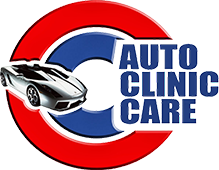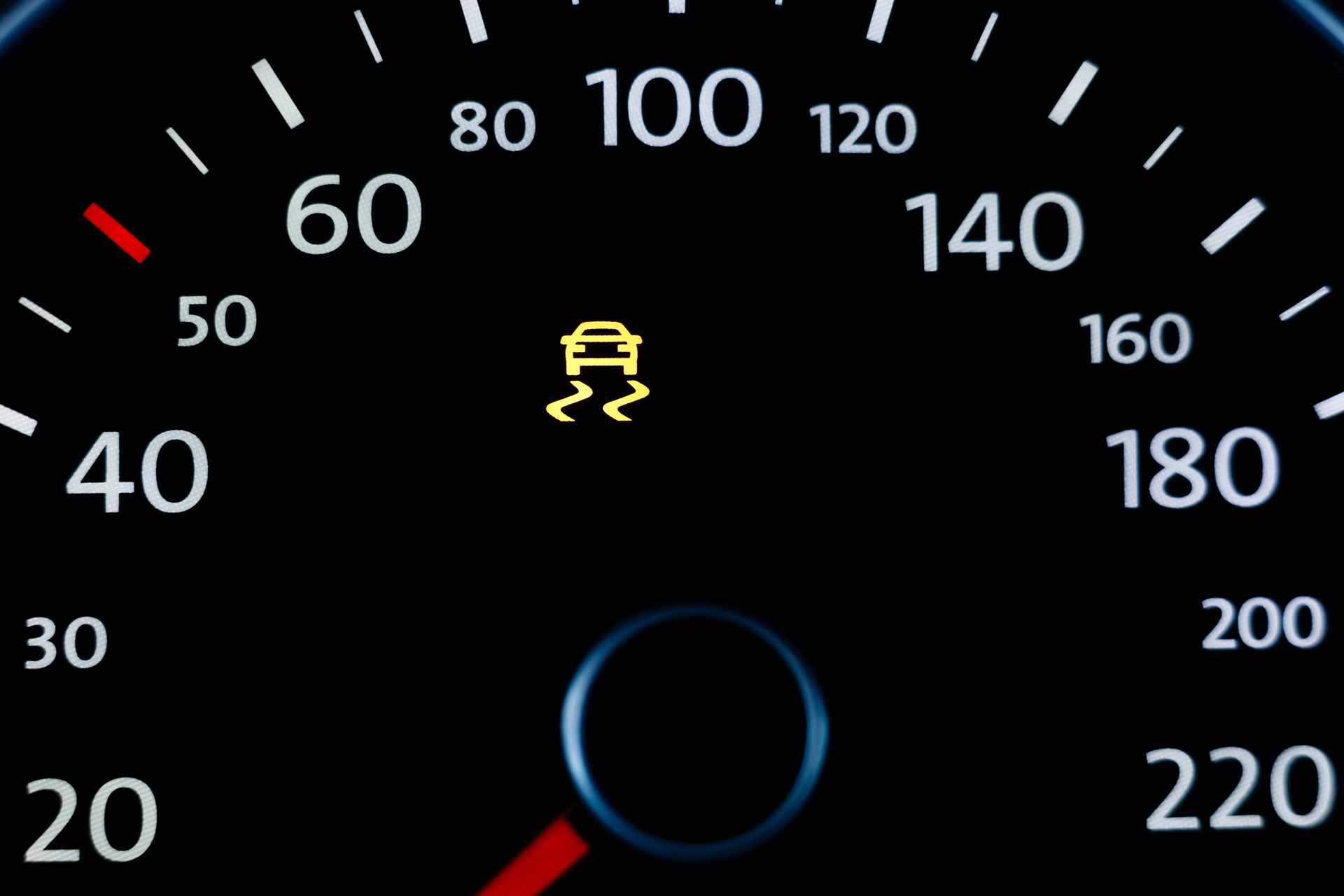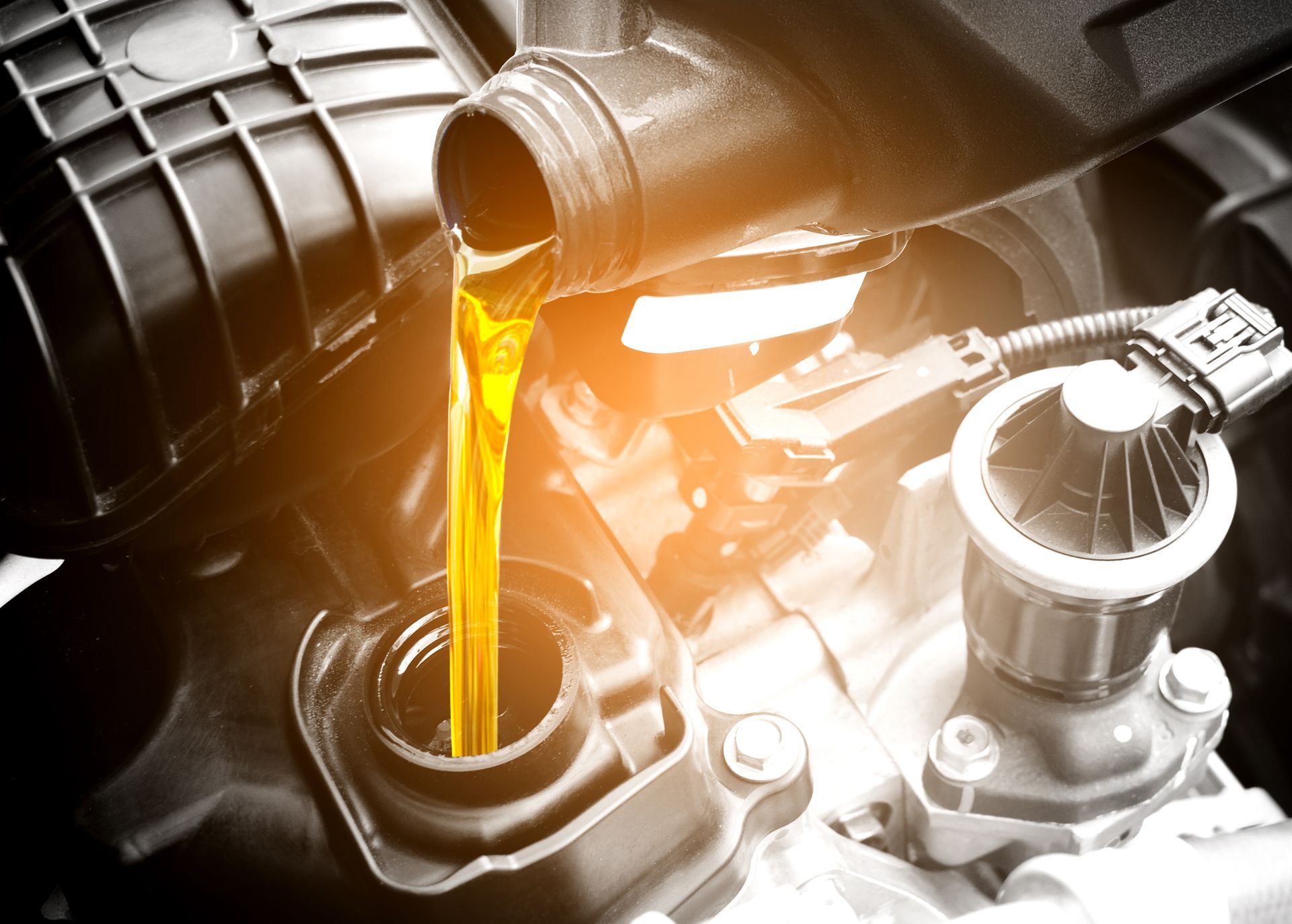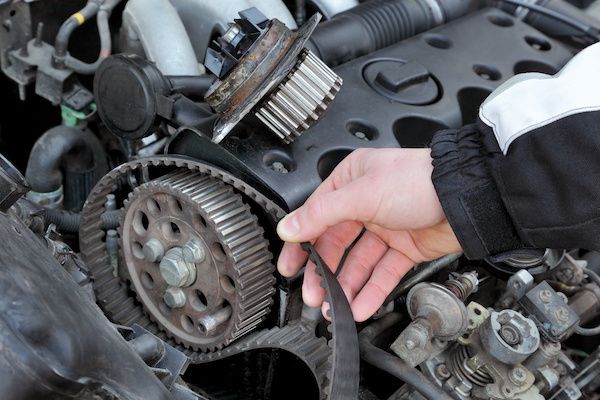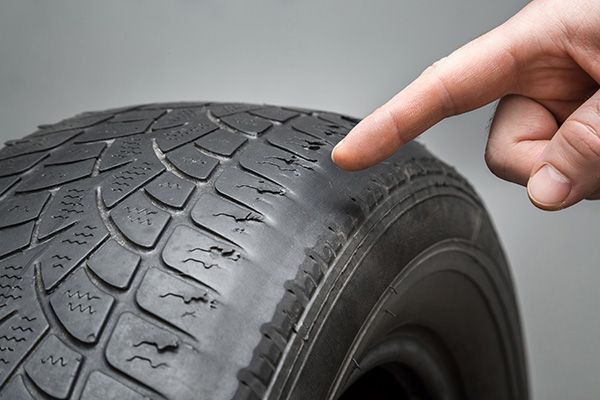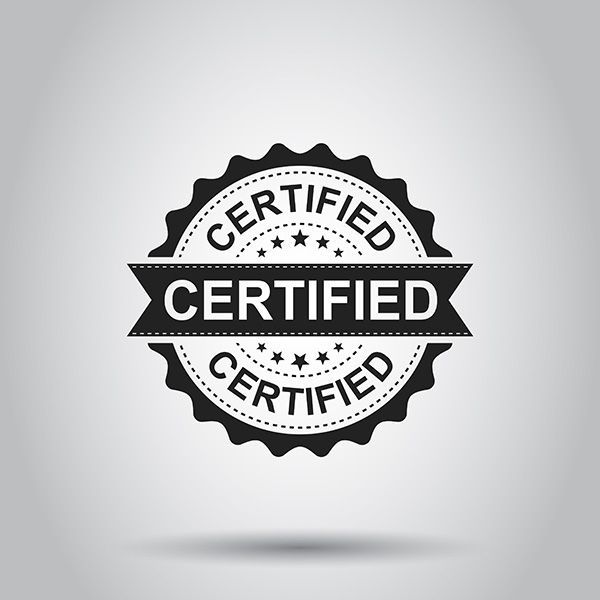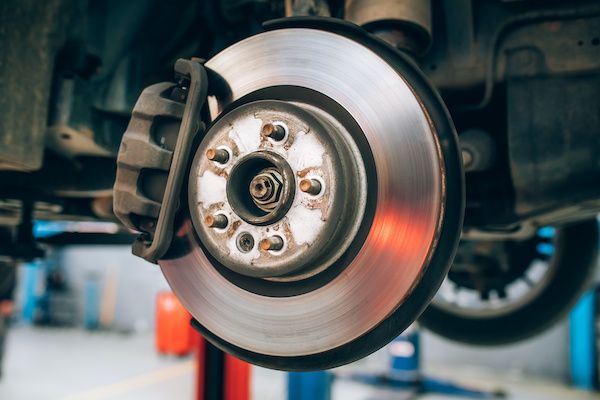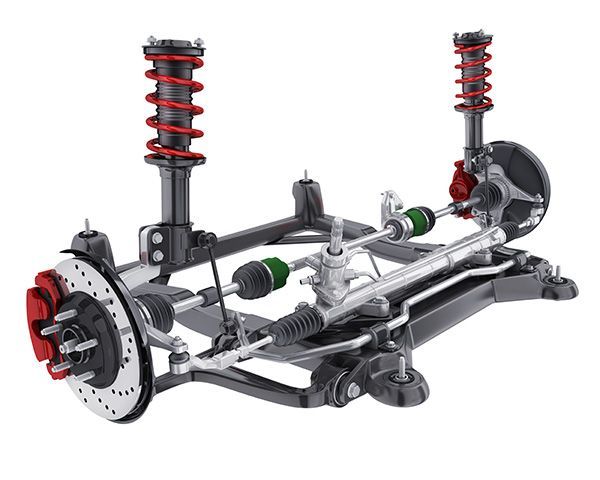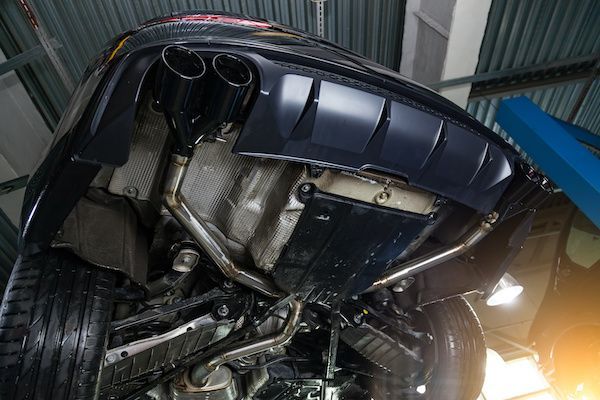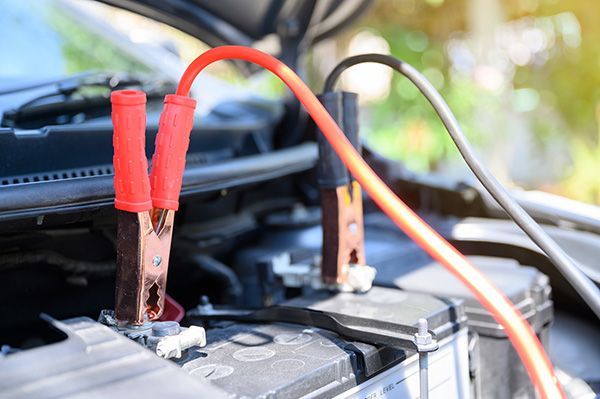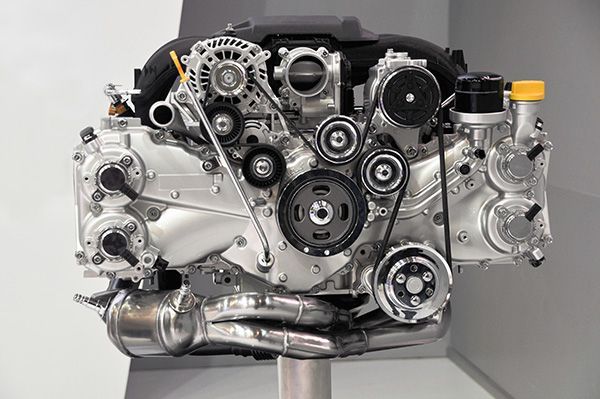
A high-pitched squeal from under the hood can be one of the most annoying sounds a driver hears. In most cases, the culprit is the serpentine belt, a single, long belt that drives multiple components like the alternator, power steering pump, water pump, and A/C compressor. When it begins to slip, misalign, or wear out, you’ll usually hear that distinctive squealing sound.
Because the serpentine belt connects so many systems, ignoring the noise can lead to bigger problems, including power loss, overheating, or even a breakdown. Knowing why belts squeal and what you can do about it will help you avoid unexpected repairs and keep your car running smoothly.
Worn or Glazed Belt Surface
Over time, serpentine belts wear down from constant friction and heat exposure. When the rubber hardens and becomes glossy, the belt loses grip against the pulleys, which causes slipping and squealing. Glazing is often a sign that the belt has reached the end of its life and needs replacement.
Driving with a glazed belt reduces the efficiency of connected systems, such as your alternator and A/C. Replacing the belt early can save you from more expensive repairs caused by low power output or excessive heat.
Improper Tension on the Belt
A serpentine belt must maintain the right amount of tension to grip the pulleys correctly. Too much tension strains the bearings inside connected components, while too little tension allows the belt to slip, creating that squeal.
Modern vehicles often utilize an automatic belt tensioner to keep everything tight, but these tensioners can wear out over time. If the tensioner spring weakens or the pulley becomes misaligned, even a brand-new belt can squeal. Replacing both the belt and tensioner together is often the best solution for long-term reliability.
Pulley Alignment Issues
If you’ve recently replaced a component like the alternator or power steering pump, you might hear squealing shortly after. That’s because serpentine belt systems rely on precise pulley alignment, and even a small deviation can cause rubbing or slipping.
Mechanics use specialized tools to measure pulley angles and ensure everything lines up properly. If misalignment goes unchecked, the belt will wear unevenly, which can shorten its lifespan and damage other components.
Contamination From Fluids
Oil, coolant, and power steering fluid can all make their way onto the belt if there’s a small leak nearby. Contamination reduces friction between the belt and pulleys, allowing it to slip and squeal.
In these cases, simply replacing the belt won’t solve the problem; instead, you need to repair the leak first. Once the leak is fixed, the belt should be replaced because fluid-soaked rubber loses its strength and can deteriorate quickly.
Problems With Accessory Components
Sometimes, the squeal isn’t caused by the belt itself but by one of the components it drives. For example, a failing alternator bearing, a worn water pump, or a seizing A/C compressor can all make the belt struggle to maintain proper rotation.
During an inspection, a technician will spin each pulley by hand to check for roughness, resistance, or wobbling. Replacing the defective part ensures the new belt won’t be subjected to unnecessary stress.
When to Have the Belt Inspected
A squealing belt is one of those problems that can start small but escalate quickly. If ignored, the belt could eventually snap, which would disable multiple systems at once. The safest approach is to have it inspected as soon as you notice the noise.
A professional inspection involves checking belt condition, tension, alignment, and the health of all related pulleys and components. Catching issues early can prevent a roadside breakdown and save you from costly repairs.
Keep Your Car Quiet and Reliable With Auto Clinic Care
Your serpentine belt is more than just a simple piece of rubber. It’s required for the smooth operation of your vehicle. If you’ve started hearing squealing noises, don’t wait for the belt to fail completely.
At Auto Clinic Care in Rockville, MD, our technicians provide thorough inspections, accurate diagnoses, and quality repairs to keep your vehicle running at its best. Schedule an appointment today and let us help you eliminate the noise and protect your car’s essential systems.
